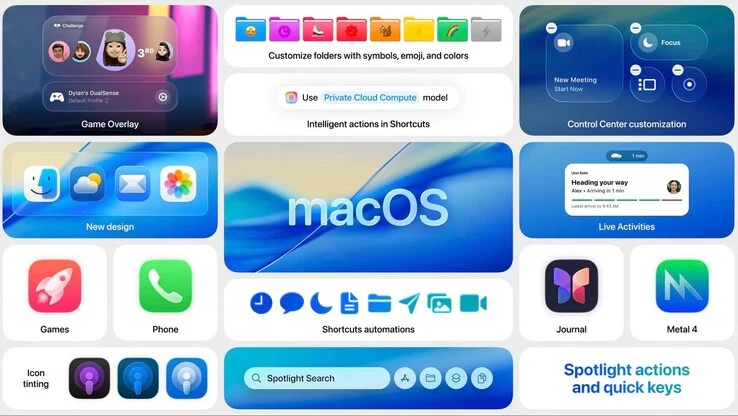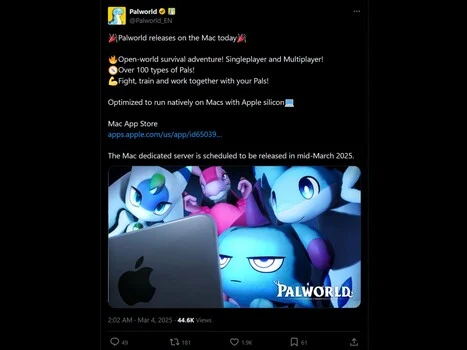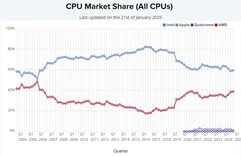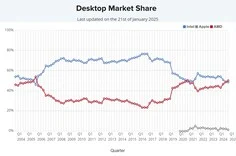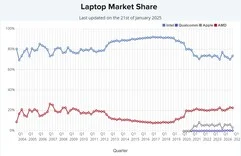Key Takeaways
1. macOS 26 Tahoe is a free update introducing new features like real-time phone call translation and advanced Spotlight search.
2. The new update is compatible only with a limited number of Intel Macs, marking the end of support for Intel-based Macs.
3. Future macOS updates will only be available for Macs with Apple M1 or newer ARM processors.
4. Security updates for macOS 26 Tahoe will be provided for several years, but new features will require an ARM-equipped Mac.
5. The update includes gaming enhancements with Metal 4 and a competitor to Nvidia’s DLSS Frame Generation.
On Monday, Apple introduced macOS 26 Tahoe, the newest version of its operating system designed for MacBooks, iMacs, and other devices. This update will be available for free starting this fall. Along with Apple’s new Liquid Glass design, this version brings a range of productivity and AI enhancements, including real-time phone call translation and an advanced Spotlight search that can perform shortcuts directly. Gamers will find this update appealing too, thanks to the gaming app Metal 4 and a competitor to Nvidia’s DLSS Frame Generation.
Compatibility Concerns
It’s important to note that macOS 26 Tahoe is only supported on a limited number of Intel Macs, like the Mac Pro (2019), MacBook Pro 16, MacBook Pro 13 (2020), and iMac. Surprisingly, the operating system will not work on any MacBook Air or Mac mini models that use Intel processors. Apple recently confirmed at its Platforms State of the Union during WWDC that macOS 26 Tahoe signifies the end of software support for Intel-based Macs, as macOS 27 will be offered only for Macs with Apple M1 or newer ARM processors next year.
Future Updates
Typically, Apple is expected to provide important security updates for macOS 26 Tahoe for several years. However, users wanting to access new features in the future will need to upgrade to a Mac equipped with an ARM chip. This implies that certain Macs will receive software support for only about five years, which is rather brief even for Apple’s usual standards. Following this announcement, it’s likely that more third-party software will be created exclusively for ARM Macs.
Source:
Link
